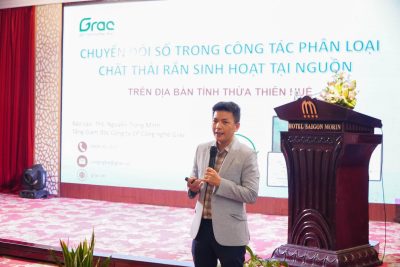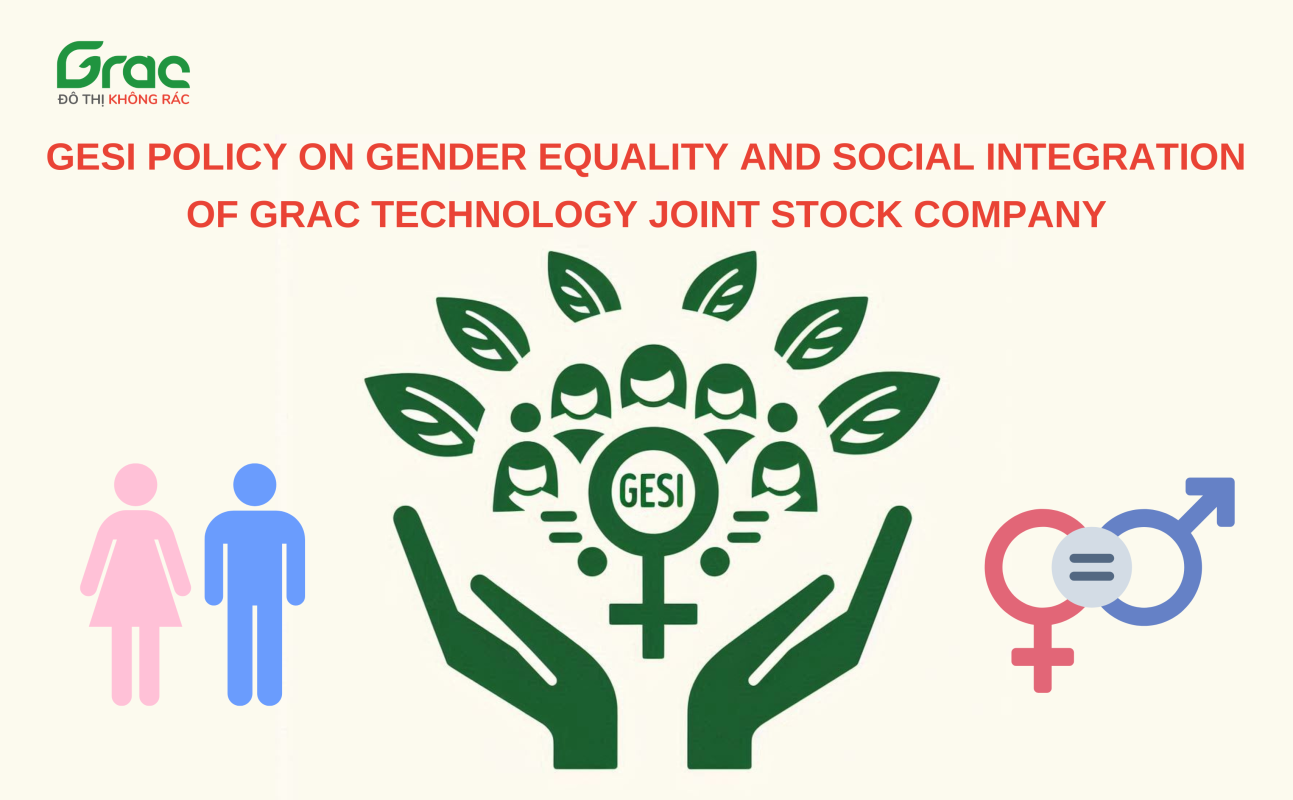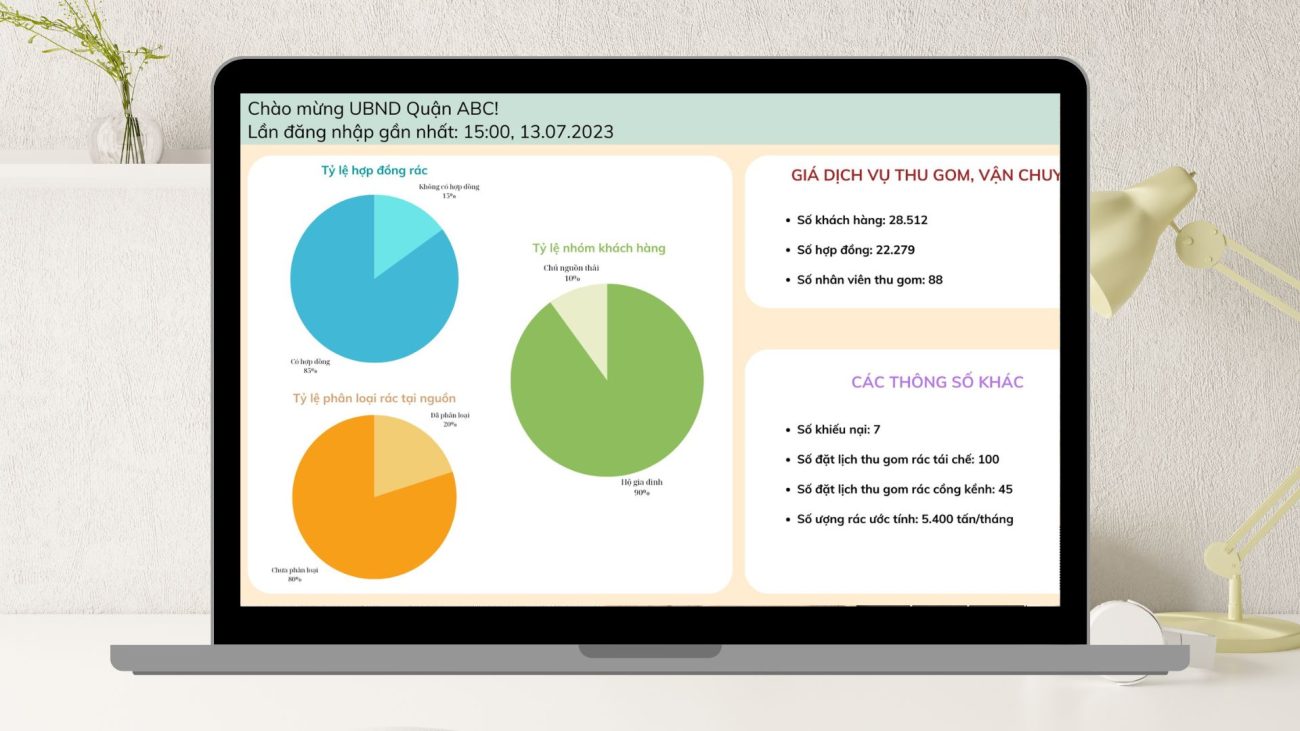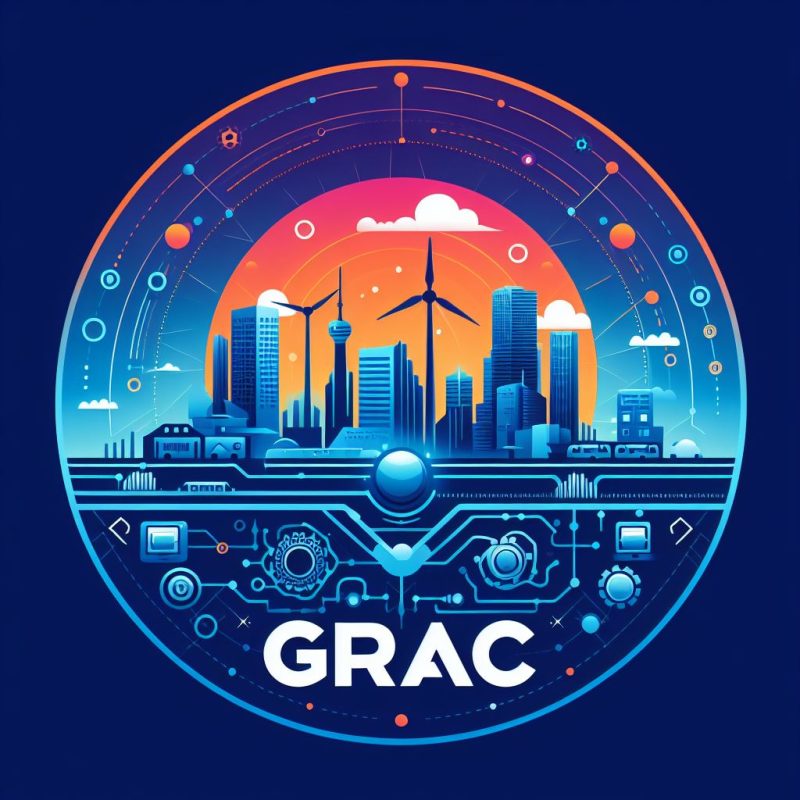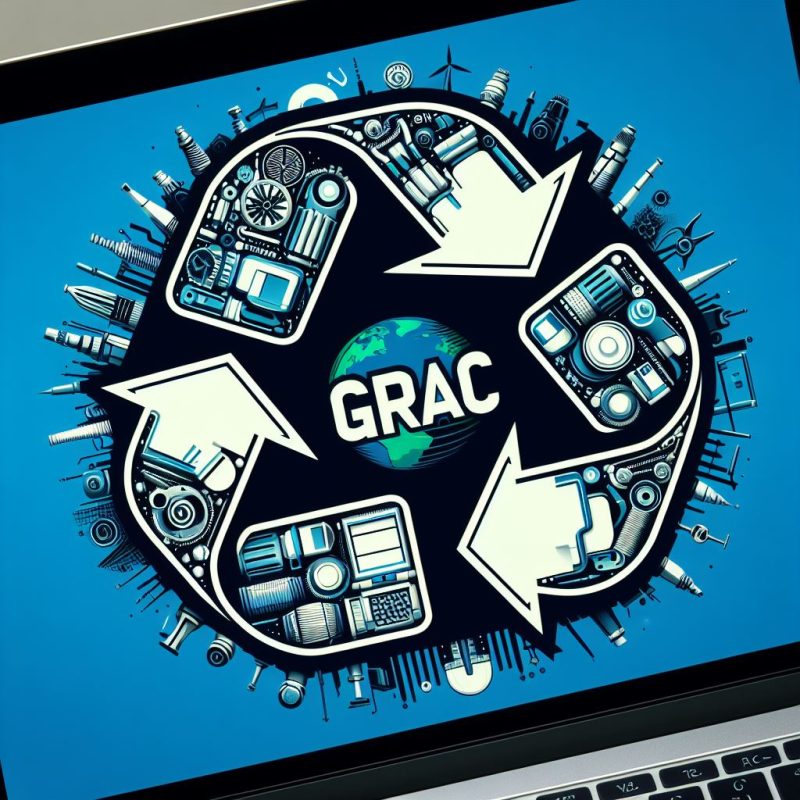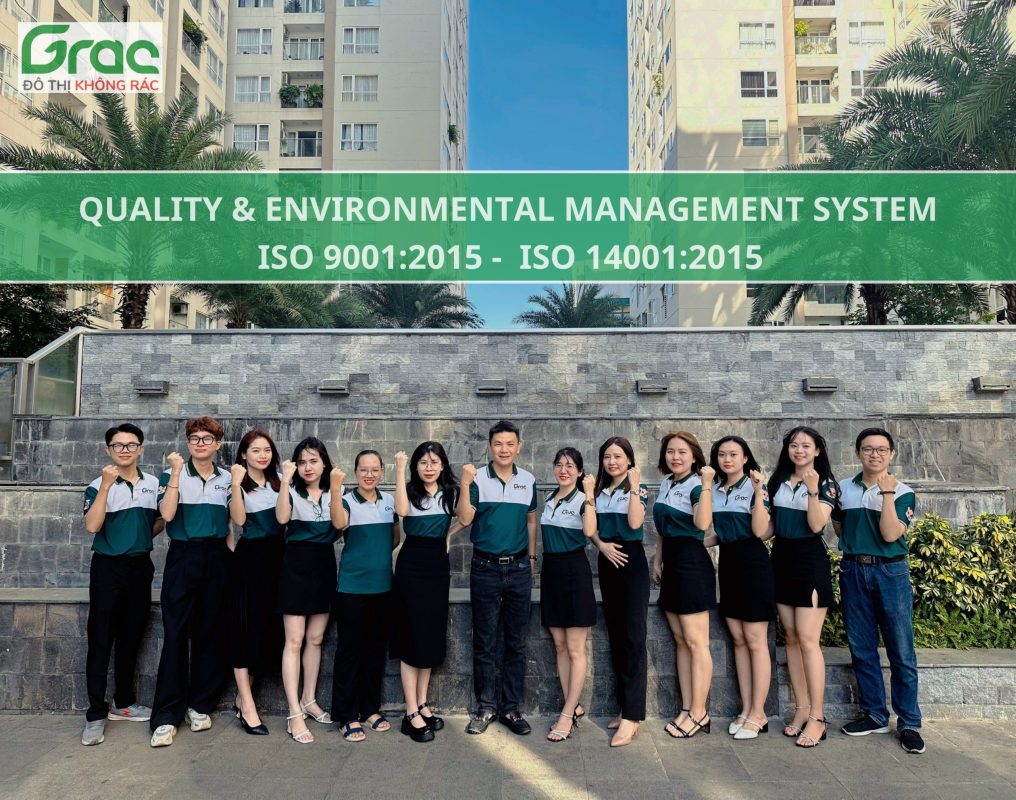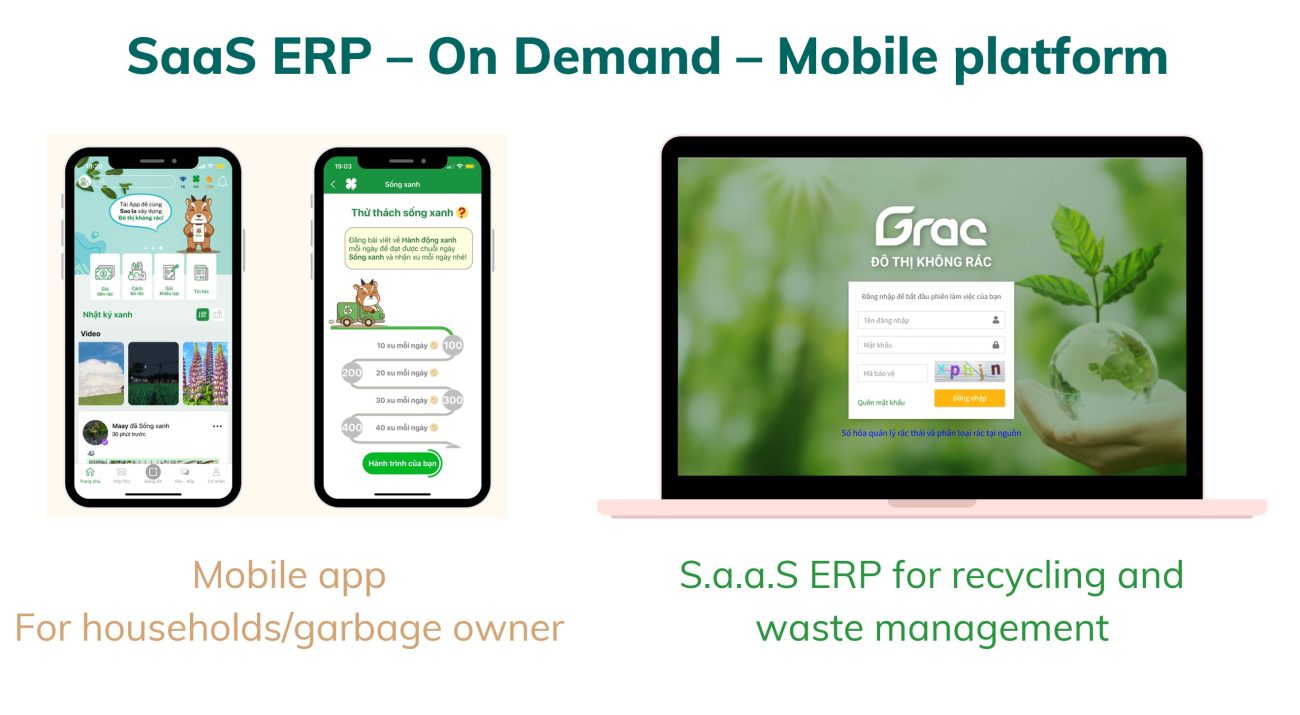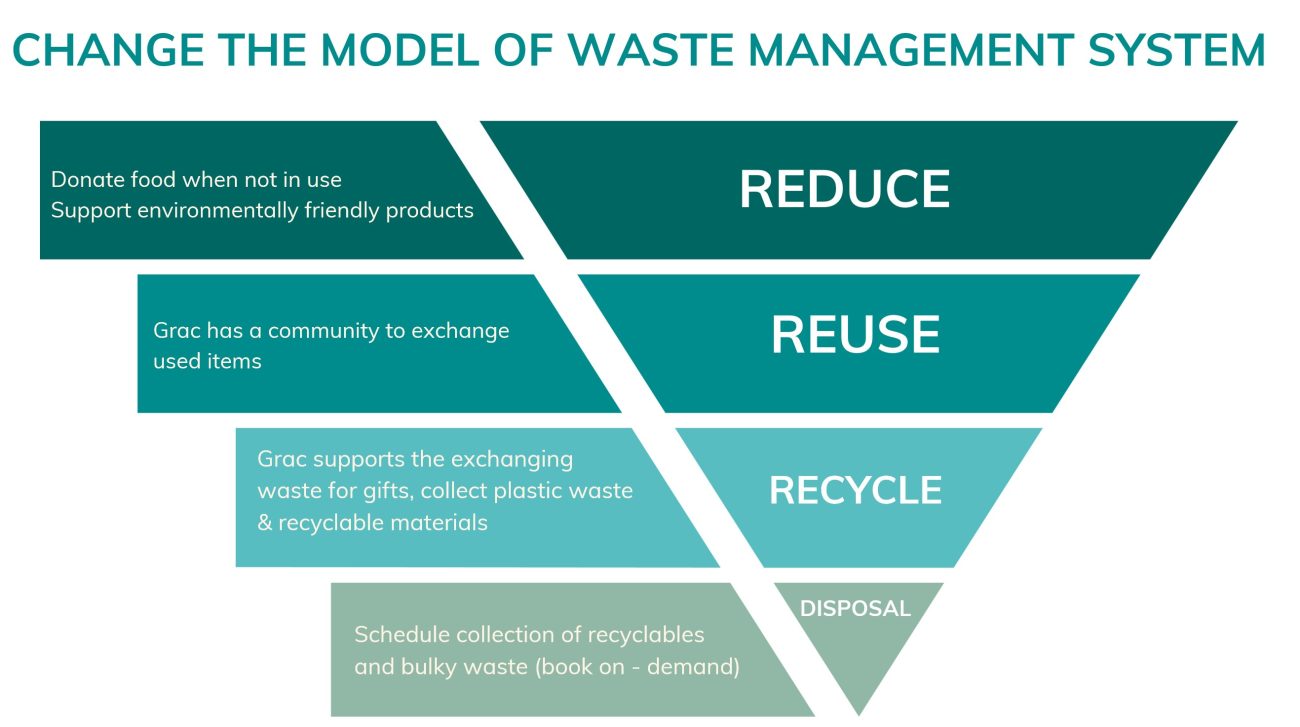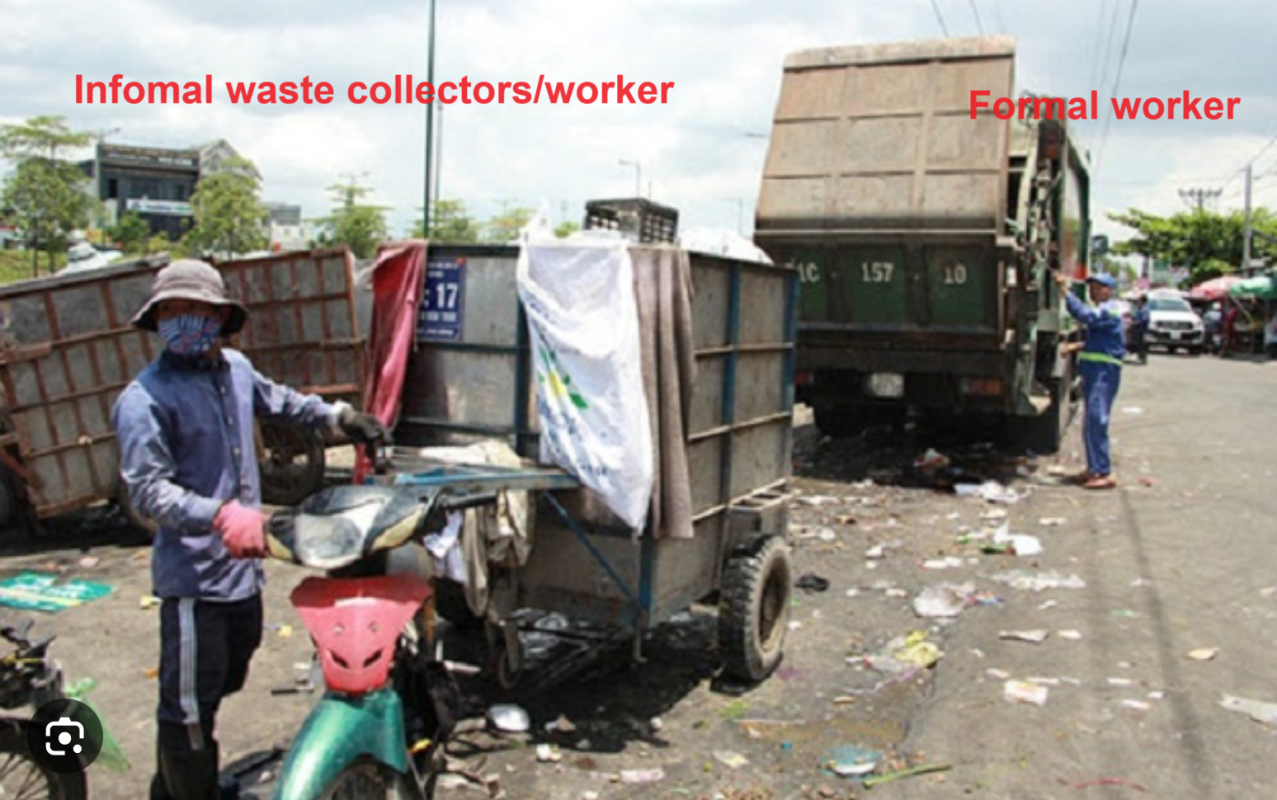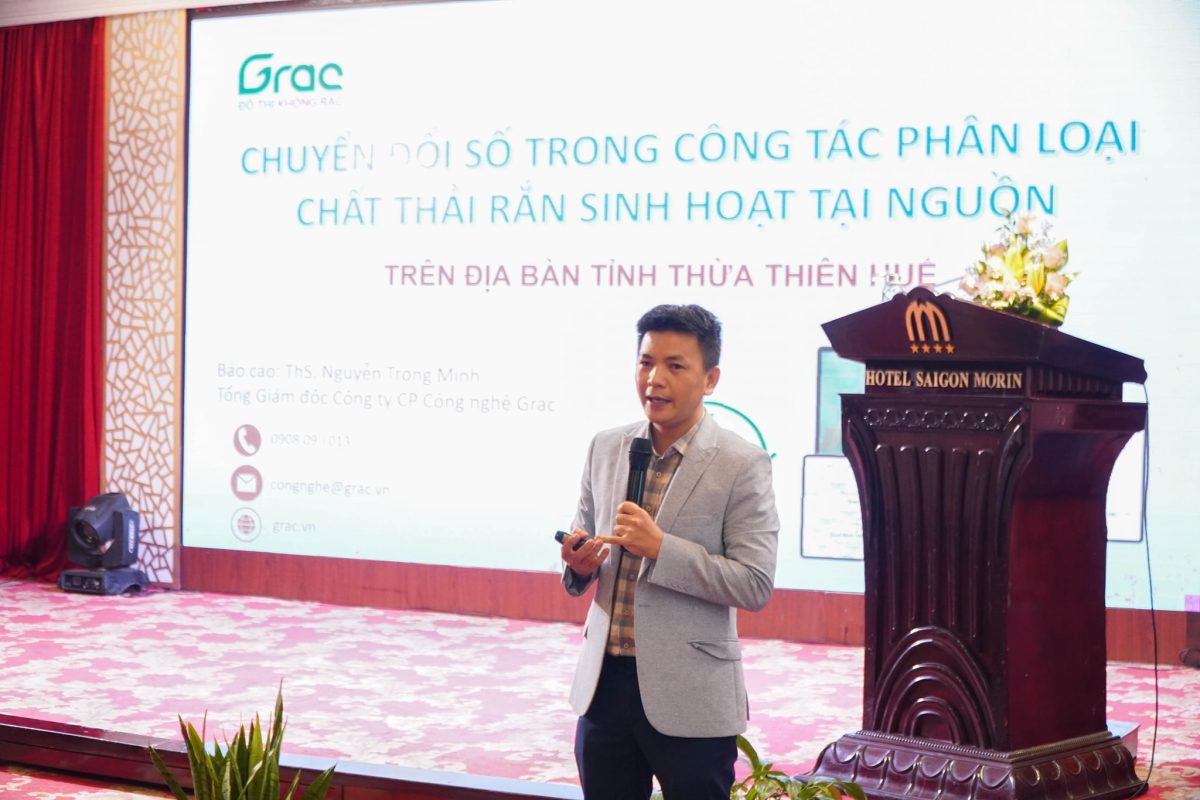How Grac has changed the waste management model in Vietnam
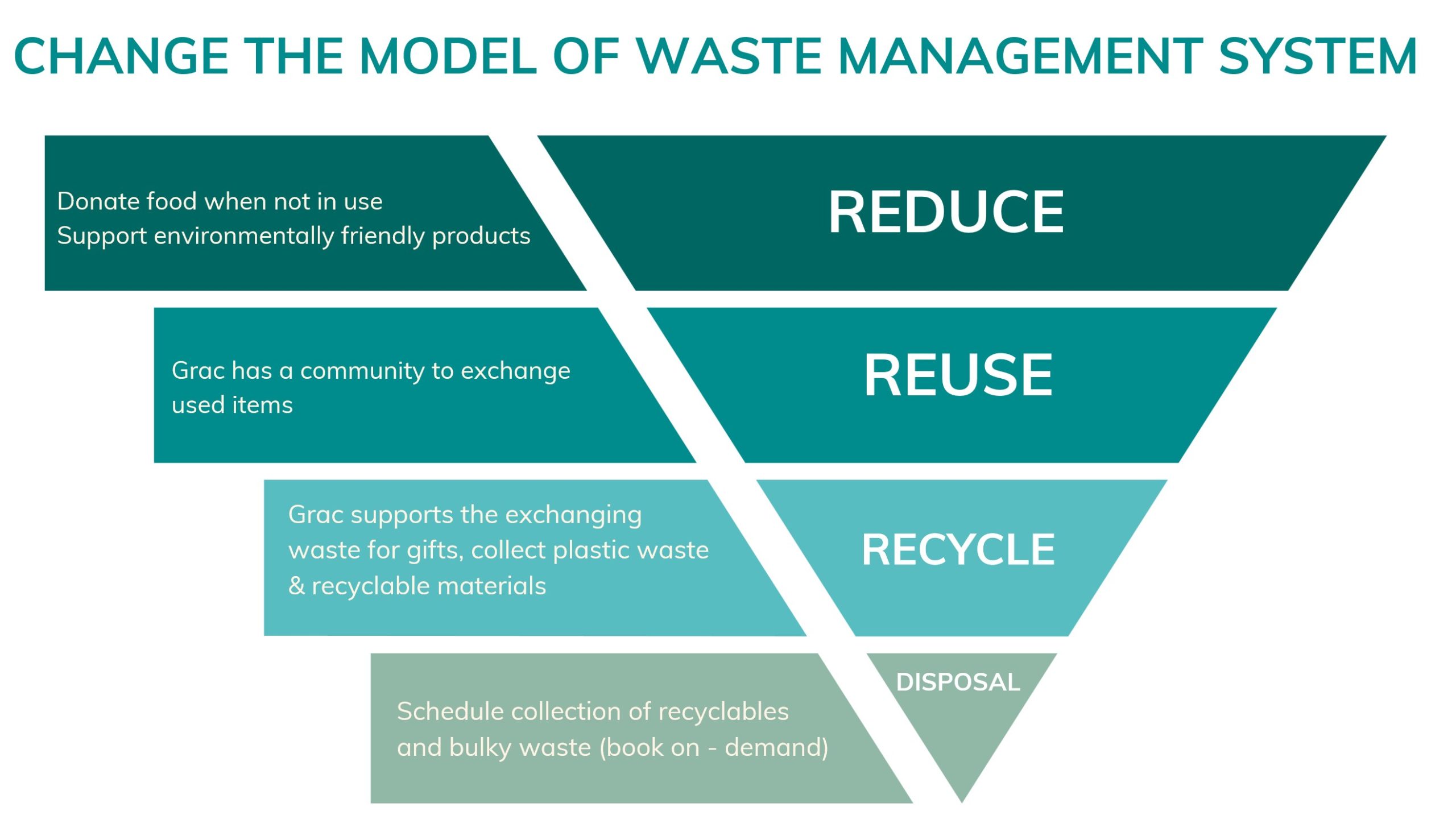
How Grac has changed the waste management model in Vietnam
Grac has made significant strides in changing the waste management model in Vietnam. They have developed a software application called “Grac” to manage waste. This software supports plastic waste classification and collection and works with the government. It connects licensed waste collectors and companies, has the potential to engage the informal sector, and holds waste collection data from 1,000,000 households (at the end of 2023) .
Grac Vietnam provides software solutions and applications to help households and organizations protect the environment. Grac’s products include:
- Grac SaaS ERP Software Solution: This software solution is designed for waste management, disposal, and recycling. It helps organizations manage their waste more effectively and efficiently.
- Mobile App Platform: This platform is designed for waste separation at source. It educates users about waste separation and encourages them to recycle.
These tools make it easier for households and organizations to manage their waste and recycle, thereby reducing the amount of waste that ends up in landfills and promoting the reuse of materials. This aligns with the broader environmental sustainability goals of Vietnam, which include maintaining essential environmental functions and moving towards a green economy.
According to Nguyen Trong Minh, Director of GRAC Technology Joint Stock Company, digital technology helps waste collectors save transportation costs and support people to classify and dispose of waste properly, without causing harms to the environment.
Grac is leveraging technology to revolutionize waste management in Vietnam, making it more efficient, cost-effective, and environmentally friendly.
Grac’s mission is to create a zero-waste city in Ho Chi Minh City and Vietnam, and they believe that the circular economy is the economy of the present and the future. The circular economy is a system where materials never become waste and nature is regenerated. In a circular economy, products and materials are kept in circulation through processes like maintenance, reuse, refurbishment, remanufacture, recycling, and composting.
In terms of climate change, Vietnam is one of the countries that are most vulnerable. Recent temperature data for Vietnam show an accelerating warming trend in the recent decades. Without proper adaptation and mitigation measures, it is estimated climate change will cost Vietnam about 12 percent to 14.5 percent of GDP a year by 2050 and could plunge up to one million people into extreme poverty by 2030.
By providing tools that facilitate waste separation at the source, Grac is helping to ensure that materials can be effectively recycled and reused, further contributing to the circular economy and mitigating the impacts of climate change.

